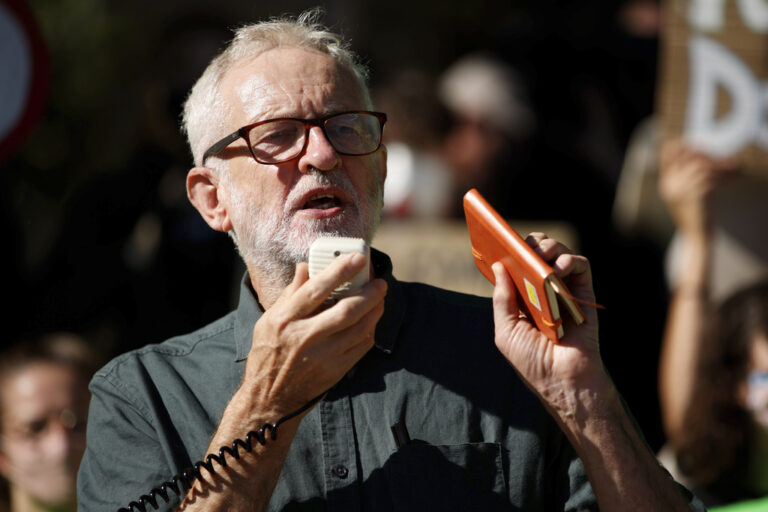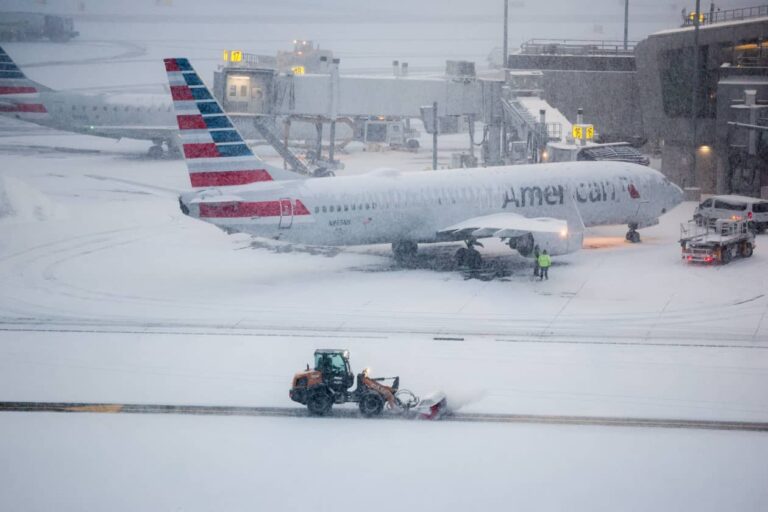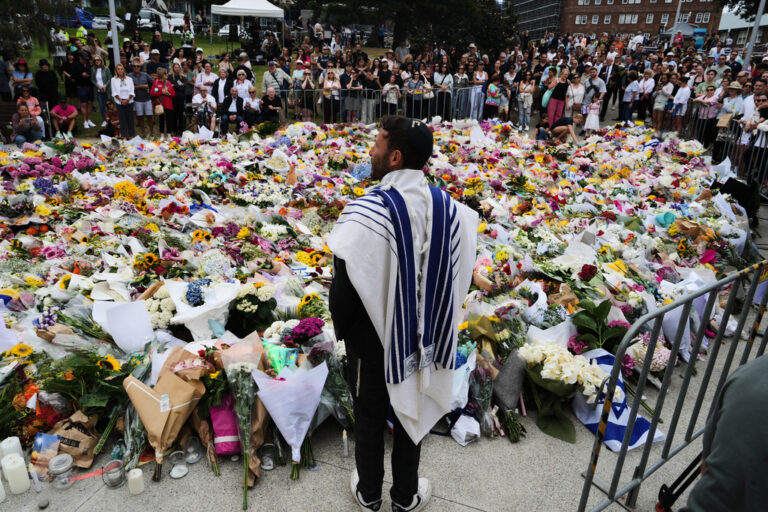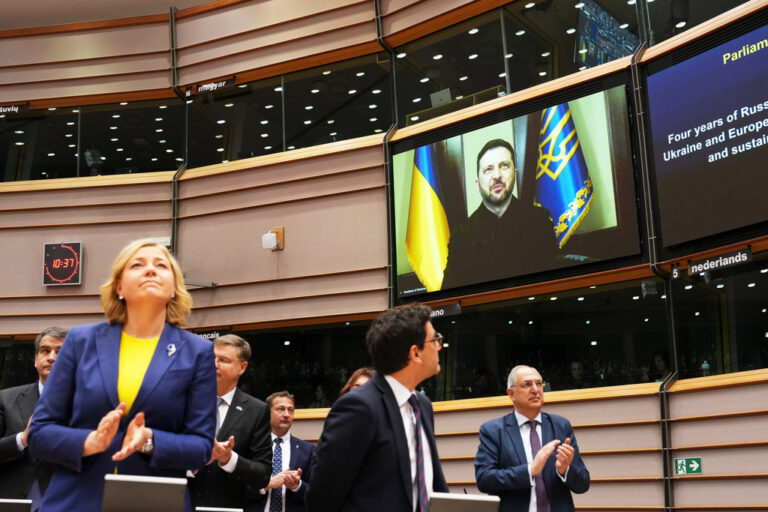 This week, Iranian president Mahmoud Ahmadinejad is making his annual visit to New York to address the United Nations General Assembly. This time, Ali Akbar Salehi, Iran’s foreign minister and former head of its Atomic Energy Organization, will accompany him, despite being under U.S. and European Union travel bans for his role in Iran’s human rights violations and its illegal nuclear weapons program.
This week, Iranian president Mahmoud Ahmadinejad is making his annual visit to New York to address the United Nations General Assembly. This time, Ali Akbar Salehi, Iran’s foreign minister and former head of its Atomic Energy Organization, will accompany him, despite being under U.S. and European Union travel bans for his role in Iran’s human rights violations and its illegal nuclear weapons program.
Their presence in the United States makes a mockery of the international sanctions regime that the Obama administration has so skillfully constructed.
As Ahmadinejad testifies before the UN, his government continues to provide money, intelligence, cyber experts to shut down dissident communications, and reportedly even detachments of snipers to prop up Bashar Assad’s regime as it guns down democratic protesters in Syria.
Ahmadinejad ascended to Iran’s presidency through the country’s Islamic Revolutionary Guard Corps, arguably the world’s most deadly terrorist organization. Through the IRGC, Tehran has waged a low-intensity war on the United States for over 30 years. In 1983, Iranian proxy Hezbollah bombed a Marine barracks in Beirut, killing 241 U.S. servicemen. In 1996, a group with Iranian ties bombed the Khobar Towers in Saudi Arabia, killing 19 U.S. airmen. Throughout the 1990s, and perhaps leading up to 9/11, Imad Mughniyeh, Hezbollah’s terrorist mastermind, worked as Iran’s liaison with al Qaeda providing training on mass casualty attacks.
Today, Iran continues to support terrorist groups ranging from Hezbollah to the Palestinian Sunni groups Hamas and Palestinian Islamic Jihad, as well as Shiite militias in Iraq, and lately even its erstwhile enemies the Taliban in Afghanistan.
The Revolutionary Guards control the economy of an oil-rich nation, travel abroad on diplomatic passports, and hide their operatives in Iranian embassies all over the world. The Guards also enjoy full representation at the UN, OPEC and other international bodies. Sanctioned Guards commander Rostam Qasemi currently serves as OPEC’s president, and will be attending the organization’s meetings in Vienna.
Fereydoun Abbasi-Davani, the current head of Iran’s Atomic Energy Organization, is also subject to international sanctions, but also travels regularly to meetings in Vienna. The U.S. and EU pass travel bans to great fanfare, yet ignore them completely when sanctioned officials travel to meetings of international organizations. As Congressman Ted Deutch (D-FL), a congressional leader on Iran issues, wrote in an Aug. 11 letter to Secretary of State Hillary Clinton, these measures are meaningless if loopholes allow sanctioned Iranian officials to travel freely.
Congressman Deutch has urged the Obama administration to use current U.S. sanctions laws to prohibit any company from providing fuel to the aircraft that would enable Qasemi’s air travel to and from Vienna. These same laws should be used to sanction companies refueling the aircrafts Ahmadinejad and Salehi use to fly to and from New York next week.
Ahmadinejad himself is not under U.S., European or international sanctions, despite his role in presiding over a six-year reign of terror, featuring widespread human rights abuses, the acceleration of Iran’s nuclear weapons program, and the killing of U.S. and allied troops in Iraq and Afghanistan — not to mention hundreds or perhaps even thousands of civilians.
If the United States and Europe finally stood up and sanctioned the dictator of Damascus for slaughtering his own people, why can’t they do the same to the man propping him up?
More than 30 years after Iran declared war on the United States — and only days after the 10th anniversary of the September 11th attacks — Washington must recognize the centrality of the Iranian threat, and move more aggressively to counter it.
Sanctioning Ahmadinejad and keeping him and his henchmen out of New York would be a start.
Mark Dubowitz is executive director of the Foundation for Defense of Democracies. He directs FDD’s Iran projects on sanctions and human rights issues and leads the foundation’s work on technology and revolutionary change in the Middle East.
(Source: Huffington Post)











2 Responses
Because he is president of a country the United States recognizes, and under treaty the US is required to allow in representatives of all member states of the United Nations, though he can be banned from travelling outside of New York City.
All heads of State are allowed to come to the UN. Even Cuba’s Castro, who the US has an embargo against.